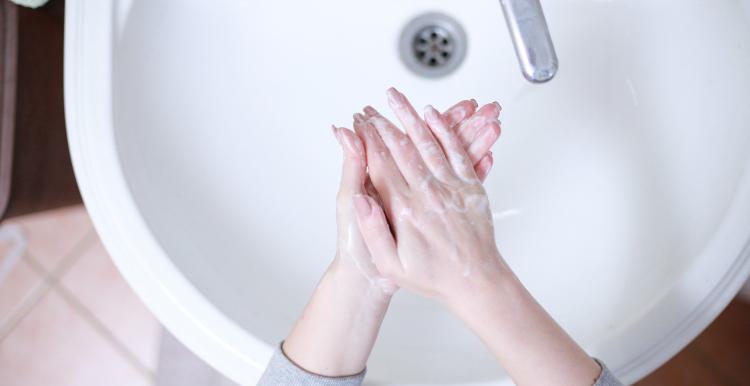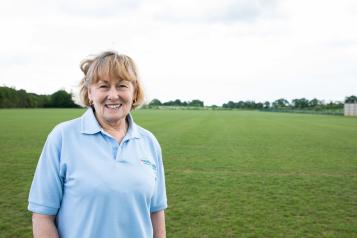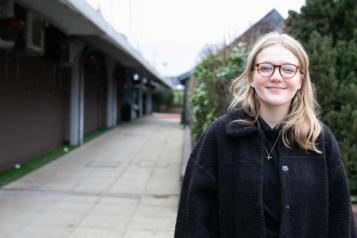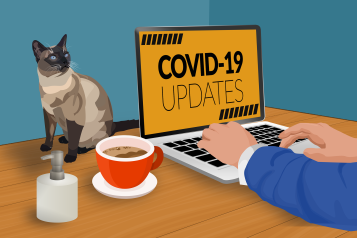Information on Coronavirus

Updated 20 January 2022.
For the most up to date information about COVID-19 be sure to check Gov.uk.
If you think you might have coronavirus
Symptoms
- A high temperature
- A new, continuous cough
- Loss or change in sense of smell or taste
Most people with symptoms have at least one of these.
Many people with COVID-19 do not have symptoms but can still infect others. This is why everyone is advised to get tested regularly.
Find out about regular rapid COVID-19 tests
What to do if you have these symptoms
- Get a PCR test to check if you have COVID-19
- You will need to stay at home and not have visitors until you get your test result.
- Anyone you live with or have come into close contact with might need to self-isolate. They will also need to take a PCR test.
Find out more and order a PCR test
Get help from NHS 111 if:
- You are worried about your symptoms
- You are not sure what to do
If you think you might have coronavirus
Symptoms
- A high temperature
- A new, continuous cough
- Loss or change in sense of smell or taste
Most people with symptoms have at least one of these.
Many people with COVID-19 do not have symptoms but can still infect others. This is why everyone is advised to get tested regularly.
Find out about regular rapid COVID-19 tests
What to do if you have these symptoms
1. Get a PCR test to check if you have COVID-19.
2. You will need to stay at home and not have visitors until you get your test result.
3. Anyone you live with or have come into close contact with might need to self-isolate. They will also need to take a PCR test.
Find out more and order a PCR test
Get help from NHS 111 if:
- You are worried about your symptoms
- You are not sure what to do
How to self isolate if you or someone in your house has coronavirus
If you have COVID-19 you will need to self-isolate for 5 days.
This means:
- Do not go to work, school, or public areas
- Do not use public transport or taxis
- Do not go out to get food and medicine - order it online or by phone, or ask someone to bring it to your home
- Do not have visitors in your home, including friends and family, except for people providing essential care
- Do not go out to exercise - exercise at home or in your garden, if you have one
Your isolation period include the day the first person in your household's symptoms started or the day their test was taken if they did not have symptoms (this can be a rapid lateral flow or PCR test).
It is now possible to end self-isolation early, if you have had two negative lateral flow tests taken 24 hours apart. Find out more about how to end isolation early on the Government website.
If you have been in close contact or live in the same household as someone with COVID-19, you must self-isolate unless you meet one of the following conditions:
- You are fully vaccinated
- You are below 18 years 6 months
- You have taken part in or are currently part of an approved COVID-19 vaccine trial
- You are not able to get vaccinated for medical reasons
If you are fully vaccinated and identified as a contact of someone with COVID-19 you should take a lateral flow test every day for five days to help slow the spread of COVID-19.
How to avoid catching or spreading germs
Do:
- Cover your mouth and nose with a tissue or your sleeve (not your hands) when you cough or sneeze.
- Put used tissues in the bin straight away.
- Wash your hands with soap and water often - use hand sanitser gel if soap and water are not available.
- Try to avoid close contact with people who are unwell.
Don't:
- Do not touch your eyes, nose or mouth if your hands are not clean.
Face masks - when to wear one
From 27 January 2022, face coverings will no longer be required by law in most indoor public spaces and on public transport, including buses, trains and taxis.
Face coverings are not required in hospitality venues where food and drinks are consumed, such as pubs and cafes, during exercise, such as in the gym, or when dancing, such as in a nightclub.
In indoor settings where face masks are not a legal requirement, it is still recommended that you wear one in enclosed or crowded spaces where you might come into contact with people you might not normally meet.
Getting tested for COVID-19
For guidance on coronavirus testing, including who is eligible for a test, how to get tested and the different types of tests, check out our article with all the information you need to know.
Further information
NHS England had produced a list of common questions about coronavirus, covering advice for you and your family, how it's caught and spread, prevention, self-isolation, testing and treatment and foreign travel.
Other places for information:


